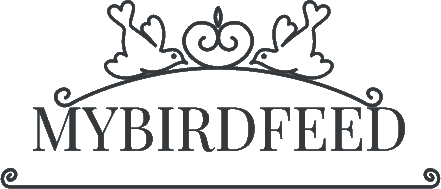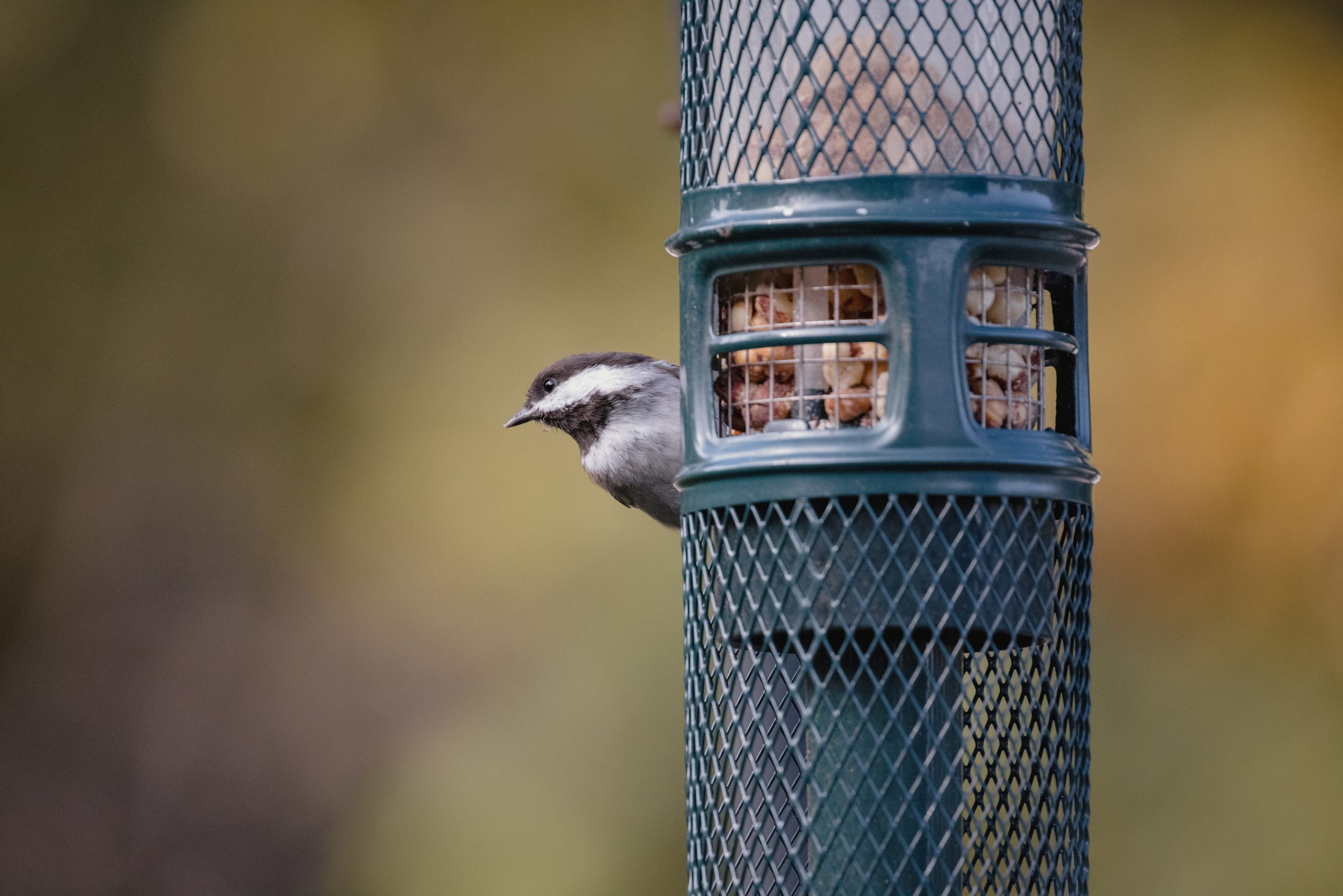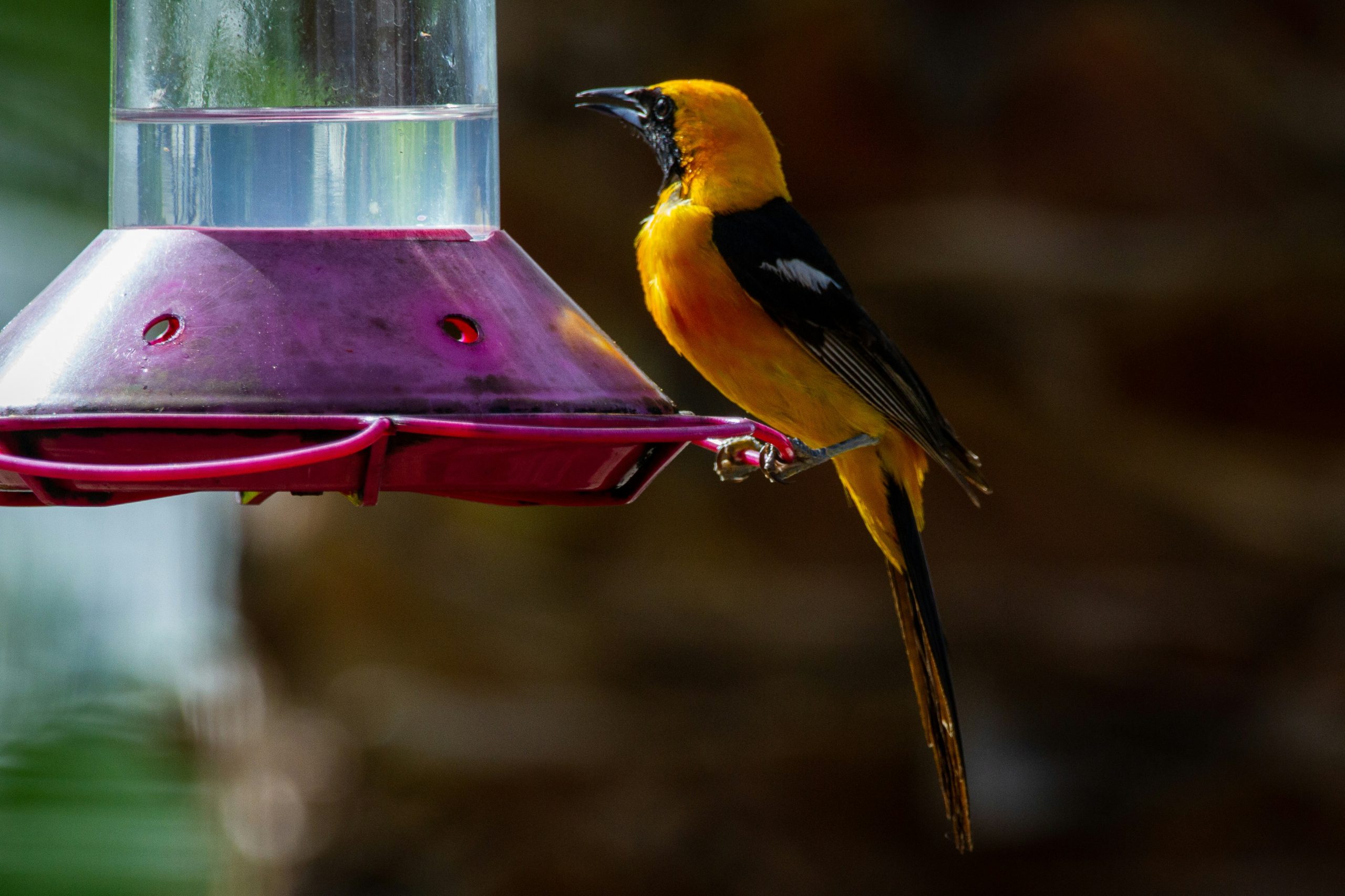can chickens eat tomatoes Yes, chickens can eat tomatoes in moderation. Tomatoes contain beneficial nutrients for chickens like vitamin C and lycopene. However, too many tomatoes may cause loose droppings. Tomatoes should be fed as an occasional treat, not a main part of a chicken’s diet. Chickens can safely eat ripe tomatoes in moderation as an occasional treat. Tomatoes provide nutrients like vitamins A, C, and B6, potassium, folate, and iron that can benefit chicken health. However, chickens should not eat large amounts of tomatoes or tomato plants, including stems, leaves, and green unripe tomatoes, which contain solanine, a potentially toxic compound.
Do Chickens Like Tomatoes?
Most chickens enjoy eating ripe tomatoes as a supplement to their regular feed. The red color and juicy texture with a sweet, tart flavor make tomatoes an appealing treat. Chickens gravitating toward tomatoes in the garden are likely drawn to the bright red color, signaling sweetness. However, chickens should only be given tomatoes in moderation.
How often should I feed my chickens tomatoes?
Chickens can be offered a few small slices of tomato once or twice a week during warmer months when tomatoes are abundant. More frequent tomato treats can lead to loose droppings. Too much of tomatoes’ high water content can also cause wet droppings.
Are tomatoes a good food source for chickens?
Tomatoes offer beneficial vitamins and antioxidants for chickens but lack the protein, carbohydrates, calcium, and other nutrients essential to a balanced chicken diet. So they should not comprise a substantial part of your flock’s diet. Ripe, fresh tomatoes make a healthy supplemental treat alongside a nutritionally complete base feed.
Can feeding hens tomatoes affect their egg quality?
Feeding hens a nutritious, varied diet that includes tomatoes as a small part can contribute to better quality eggs with brighter orange yolks. The carotenoids like beta carotene abundant in tomatoes are associated with richer yolk color. However overfeeding tomatoes risks unbalanced nutrition, which negatively impacts eggs.
Can Chickens Eat Tomato Leaves?
It’s best not to allow chickens access to tomato plant leaves or vines. All parts of the tomato plant other than the ripe fruit contain varying levels of solanine. While levels in leaves and stems are generally lower than in unripe green tomatoes, it’s safest to keep chickens away from tomato plants altogether.
Can Chickens Eat Tomato Flowers?
While tomato flowers themselves don’t contain solanine, they grow into green, unripe tomatoes. Allowing chickens to free range where they can access tomato plants risks them nibbling on unripe green fruits. Plus, they may trample young tomato plants. It’s best to keep chickens out of vegetable gardens with tomato plants.
Can Chickens Eat Tomato Stems?
Avoid feeding chickens tomato stems or vines along with ripe tomatoes. The green parts of tomato plants contain glycoalkaloids like solanine and tomatine. So while solanine levels may be low in stems, it’s safest to remove stems before feeding tomatoes. Restrict access to garden plants to prevent nibbling stems.
Can Chickens Eat Tomato Seeds?
Yes, chickens can safely eat tomato seeds when consuming ripe tomatoes. Some chicken owners claim observing seeds in manure, suggesting they pass through undigested. But tomato seeds pose no risk, lacking solanine or other anti-nutritional factors. Just don’t allow access to inner seed gel in green unripe tomatoes, which may have higher glycoalkaloid content.
Understanding Chickens’ Diet
The ideal chicken diet resembles what they’d naturally eat in the wild, including:
- Grains
- Seeds & nuts
- Fruits & veggies
- Plants
- Insects & bugs
- Small reptiles & mammals
This varied combination provides balanced nutrition to fuel growth, egg production, health and natural behaviors like pecking, scratching and foraging.
Domesticated chickens depend entirely on their keepers to provide a complete, nutrient-dense diet. Commercial poultry feeds are formulated to give hens all essential vitamins, minerals, protein, carbohydrates and fats.
Fresh fruits and veggies like tomatoes add beneficial nutrients and promote natural foraging when included as a small supplement within a balanced diet. Overdoing produce treats risks unbalanced nutrition.
Can Chickens Eat Tomatoes?
Yes, chickens can eat ripe tomatoes in moderation as an occasional treat alongside a complete feed. Ripe red tomatoes offer vitamins, antioxidants and trace minerals benefiting chicken health and egg quality.
But chickens should avoid unripe green tomatoes and tomato plant parts containing solanine, a glycoalkaloid toxin. And tomatoes should never make up a substantial portion of any chicken’s diet due to their high water content and incomplete nutrition.
Ripe Tomatoes vs. Unripe Tomatoes
The safety and nutrition of tomatoes depends heavily on ripeness levels:
Ripe Tomatoes
- Red ripe tomatoes are safe and nutritious chicken treats
- Sweet, tart flavor appeals to chickens
- Provide antioxidants like lycopene, vitamins C, A, B6
- Promote eye, skin, bone, and egg health
Unripe Green Tomatoes
- Contain solanine, a toxic glycoalkaloid
- Levels highest in immature green tomatoes
- It can cause gastrointestinal and neurological issues
- Chickens should not access garden tomato plants
As tomatoes ripen from green to red, solanine levels significantly decrease while nutritional quality increases. Waiting until tomatoes fully ripen before feeding eliminates solanine risks.
Cooking Tomatoes
Cooked ripe tomatoes offer comparable nutritional benefits to raw. Heat from cooking doesn’t destroy key nutrients like lycopene and vitamin C, bioavailability may even increase from softer cell structure.
Lightly cooked tomato pieces can make messy treats easier for chickens to pick up and swallow. Just avoid adding any seasoning, oil, or salt.
Raw Tomatoes
Washing and chopping ripe tomatoes into smaller pieces creates a healthy fresh treat many flock members will enjoy.
The high water content of tomatoes can sometimes cause temporary loose droppings if overfed. So regardless of preparation method, tomatoes fed in moderation are best.
Moderation is Key
While ripe tomatoes provide beneficial nutrients, chickens should only eat them in moderation due to their incomplete nutrition and high water content:
- 1-2 small slices per chicken, 1-2x/week
- Comprise just a tiny portion of the overall diet
- Combine with grains, greens, oyster shell
- Monitor droppings for diarrhea
Chickens that fill up on tomatoes may get inadequate protein, carbs, and calcium vital to health. Self-regulated happy, active hens rarely overindulge on treats. But chickens lacking key nutrients from poor feed quality or restriction may overeat tomatoes or other fresh foods to compensate.
In these cases, increase base feed quality and quantity rather than offering tomatoes and treats. Prevent boredom-driven overeating by providing a more stimulating habitat setup.
What About Tomato Plants?
Allowing backyard chickens to roam garden beds with tomato plants freely risks some adverse effects:
- Solanine poisoning – from eating green tomatoes or plant parts
- Trampling plants – damaging your tomato crop yield
- Egg flavor issues – from certain strong-tasting plants
So it’s best practice to keep chickens out of vegetable gardens containing tomatillo, tomato, pepper, or eggplant crops. These all belong to the nightshade family, containing glycoalkaloids.
Construct a mesh run or fence around garden beds you want to protect from chickens. Just be sure planted enclosures allow birds sufficient movement and space.
If free-ranging is important to you, consider planting a sacrificed area with Swiss chard, kale, lettuce greens, or other plants safe for chickens to nibble. They’ll enjoy leafy greens while avoiding nightshades.
Avoid Moldy Tomatoes
Moldy tomatoes host fungi that release mycotoxins harmful if consumed, sometimes causing neurological issues or liver damage.
While small amounts of mold or fermentation may not always sicken chickens immediately, it’s best not to take the risk by feeding molded produce. Discard excess or overripe tomatoes showing even small spots of mold.
How to Safely Feed Tomatoes to Your Chickens
When supplementing your flock’s diet with fresh ripe tomatoes as a treat, follow these tips:
- Select fully ripened red tomatoes free of mold, cracks or bruises
- Rinse dirt off tomatoes; chop into smaller pieces if very large
- Remove all stems, leaves & green parts
- Feed tomatoes in very limited amounts – a few small slices per chicken
- Offer just 1-2 times per week during warmer months
- Combine with formulated feed, oyster shell and insoluble granite grit
- Monitor droppings for diarrhea signaling overconsumption
- Prevent access to garden tomato plants & unripe green tomatoes
Mix chopped ripe tomatoes into a small bucket with cracked corn, oats or mixed flock scratch grains. Scatter the tomato & grain mix around the run or coop. This encourages natural foraging activity without overeating the high-water treats.
Conclusion
In conclusion, domesticated chickens can safely enjoy small amounts of ripe tomatoes as nutritious supplemental treats a few times weekly. Red tomatoes contribute beneficial nutrients like vitamins A and C. But tomatoes should never comprise a substantial portion of any chicken’s diet.
Flock owners should prevent access to green tomatoes or tomato plants, which contain solanine toxins potentially dangerous at high doses. Monitor chickens allowed to free-range in gardens and remove nightshade fruits or vines. Instead offer prepared chopped tomatoes and other moderate produce treats, always combined with complete balanced feed for optimal nutrition and health.
Frequently Asked Questions
Can chickens eat raw tomatoes?
Yes, chickens can safely eat raw ripe tomatoes in moderation. Washing fresh ripe tomatoes and chopping them into small pieces creates a nutritious supplement to a complete feed.
Raw tomato flesh contains beneficial antioxidants like lycopene and vitamin C. Light cooking doesn’t significantly impact nutrition or safety. Just don’t allow access to any green parts which may contain higher solanine.
What should you not feed chickens?
There are a few types of foods that should be avoided or limited in chicken diets:
- Avocados – contain persin toxin, causes health issues
- Dried or undercooked beans – contain hemagglutinin lectins
- Moldy/rotten foods – risk mycotoxins & Illness
- Salty foods – lead to dehydration & issues
- Large amounts of greens/fruits – diarrhea, nutrition deficits
- Green tomato/potato parts – contain solanine toxin
Chickens have very sensitive digestive systems. It’s safest to avoid feeding anything other than quality complete feed, clean treats in moderation, and plenty of fresh water.
Can chickens eat tomatoes and cucumbers?
Yes, chickens can safely eat small amounts of ripe tomatoes and cucumbers as supplemental treats. Both provide nutrients like vitamin C, beta carotene, and magnesium benefiting chicken health. The high water content of both can cause loose droppings if overfed though. For variety, you can offer bits of melons, berries, squashes, and other fruits.
What vegetables are safe for chickens?
Chickens can eat lots of vegetables in moderation. Some safe, healthy options are:
- Squashes – pieces of zucchini, pumpkin, winter squashes
- Root veggies – carrots, beets, radishes, turnips
- Peas, parsnips & garlic
- Leafy greens like kale, chard, and lettuce (not iceberg)
Vegetables should always comprise just a small part of the overall balanced diet along with grains and protein feeds. And it’s ideal to chop or mash harder veggies into chick-sized pieces for ease of eating and digestion.
What is the most natural food for chickens?
The chicken’s natural diet is very varied, including:
- Insects like worms, grasshoppers & larvae
- Mixed grain seeds
- Fruits like berries
- Leafy greens, sprouts & plant shoots
- Some small reptiles & mammals when accessible
This mix provides balanced protein, carbs, vitamins & minerals. Domesticated chickens rely on their keepers to provide comparable complete nutrition.
A quality starter feed and then a layer feed offer a balanced base diet. Allowing them to forage freely on grass and soil mirrors the micronutrients and gut health benefits of their ancestral diet. Supplementing small scratch grains and produce mimics natural feeding activity.
Can chickens eat tomato plants?
It’s best not to allow chickens access to tomato plant vines, stems, leaves, or unripe green tomatoes, all of which contain some solanine. Construct a fence around tomato beds to protect plants from chicken damage. Offer leafy greens like chard or lettuce planted in sacrificed garden space for chickens to freely forage if desired. However, supervision is still required.
At what age can chickens eat tomatoes?
Chicks under 16 weeks old on starter feed should not eat tomatoes, which may impact proper protein absorption for growth. Wait until pullets mature and transition to layer feed before offering bits of ripe tomatoes as treats a few times a week alongside balanced nutrition.
Can chickens eat tomatoes safely?
Yes, chickens can safely eat ripe red tomatoes in strict moderation – a few small slices just once or twice a week. Ripe tomatoes offer beneficial nutrients. But chickens should avoid unripe green tomatoes and plants, which contain solanine toxins potentially dangerous at higher doses.
Can chickens eat tomatoes and cucumbers?
Chickens can eat small amounts of ripe tomatoes and cucumbers as part of a balanced diet. Feed chopped bits of these and other fruits/veggies in limited quantities 1-2x per week as supplemental treats. Avoid allowing chickens access to tomato or cucumber vines and plants, which risk some safety concerns and may reduce garden yields.
Can chickens eat tomato leaves?
Avoid allowing chickens access to tomato plant leaves and vines, which contain low levels of the potentially toxic glycoalkaloid solanine. Construct fencing around tomato garden beds to prevent chickens from scratching up plants while allowing them to forage in designated safe spaces. Instead offer small amounts of leafy greens you planted for chickens to nibble.
Can chickens eat tomatoes from the garden?
Allowing free-range chickens full access to tomato plants risks some safety issues and reduced tomato yields. Instead, plant sacrificial greens in certain garden spaces just for chickens. Fence off tomato beds so birds can’t access fruits or plant parts. Harvest ripe tomatoes to chop pieces as supplemental treats. But tomato garden access increases solanine poisoning risks from unripe tomatoes.
Can chickens eat tomato seeds?
Yes, chickens can safely consume ripe tomato seeds when eating tomato fruits. Some seeds may pass through chickens undigested. But tomato seeds don’t contain solanine or other anti-nutritional factors, so there’s no hazard as long as chickens don’t access green tomatoes with inner gel and seeds.
What is the best chicken feed?
The best chicken feed provides complete, balanced nutrition suitable to the flock’s age and life stage:
- Chicks need a starter feed, 20%+ protein until 16-18 weeks
- Pullets then transition to a 16-18% layer feed
- Hens in peak lay continue layer feed
- Senior hens may do better on non-GMO 14% flock raiser feed or crumbles which are easier to eat
can chickens eat tomatoes plants?
Yes, chickens can eat tomato plants. Many parts of the tomato plant, including the leaves, stems, and unripe green tomatoes, contain nutrients that are beneficial for chickens. Specifically, tomato plants are high in protein, fiber, calcium, and vitamins A and C.
However, there are some precautions chicken owners should take when allowing chickens to eat tomato plants:
- Ripe red tomatoes should only be fed in moderation, as they contain high acidity and sugar content. Too many ripe tomatoes can cause digestive issues.
- Tomato plants should not make up the main component of a chicken’s diet. They should be fed tomato plants as a supplemental treat, not a daily vegetable.
- The green unripe tomatoes contain higher levels of the toxic alkaloid solanine than ripe tomatoes. Thus, unripe green tomatoes should also only be fed sparingly.
- Owners should remove any debris, chemicals, or droppings from the tomato plants before allowing chickens access to them.




